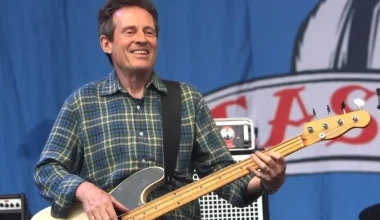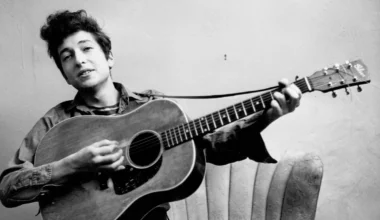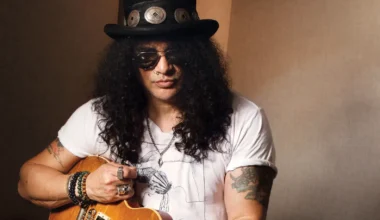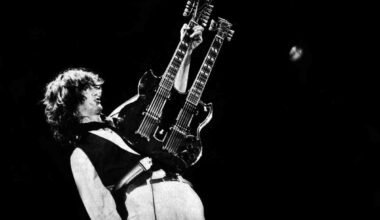A rock star who sells out is committing one of the worst crimes possible. Even though artists aspire to follow their muse wherever it may lead them, it doesn’t take long for a viewer to pass on their “new artistic vision” and realise that the artist is merely interested in turning radio-friendly schlock into cash. Even in the heyday of Pink Floyd, Roger Waters realised that Richard Wright was beginning to get a little too showy. It’s easy to be a sellout when you’re not recording music.
However, Pink Floyd was not some obscure punk band trying to overthrow the system before the 1970s even came to an end. They couldn’t really claim to be on the periphery of society because they were among the biggest rock stars in the world. Dark Side of the Moon was probably in more homes than anyone could count.
But Waters continued to adhere to that outsider mindset. He reminded his listeners that being an ostentatious rock star wasn’t always easy on albums like Wish You Were Here and Animals. It was inevitable to become even more solitary, and genuine isolation occasionally necessitates severing ties with fellow musicians.
Wright delivers a flawless performance on Wish You Were Here. His performance on Animals is a little more restrained. It seems as though he’s attempting to bridge the gaps between the band’s more extravagant passages. This is evident in David Gilmour’s overlapping guitar harmonies. However, it was limited to the studio. Wright recalled that on the exterior, Waters became so enraged that he began to scatter money.
Wright recalled Roger Waters berating him after Dark Side and telling Mark Blake, “I was the first in the band to buy a country house.” “I can’t believe you’ve done this,” Roger said as he sat me down. You’ve reached your limit. Like all other rock stars, you’re doing what you do. Buying his own country seat took him a year and a half. “Roger, you’re a hypocrite,” I said. I didn’t want it, he said. It was my wife’s desire. Complete nonsense.
But then again, Wright’s decision to leave Floyd was the result of many tough choices, of which buying a house was just one. Waters fired Wright from The Wall after becoming disenchanted with his playing by the time he started working on it. He eventually got a job as a paid musician when the group started touring with the record.
However, Wright never truly gave up in the conventional sense. You can hear that he was still exploring his previous progressive tendencies by listening to his solo albums. This is also evident in his albums after joining the group, such as The Division Bell. He even managed to build off of the next generation of artists by having Sinead O’Connor work on one of his solo records.
Even though Wright’s approach didn’t mesh well with Floyd by the end of the 1970s, Waters seemed to be taking a cheap shot when he claimed that Wright sold out. Wright remained the same seasoned sound innovator that he had always been. He continued to evolve as a musician. This is evident from his solo albums and performance history alongside rock stars. He kept evolving right up until his untimely death.








